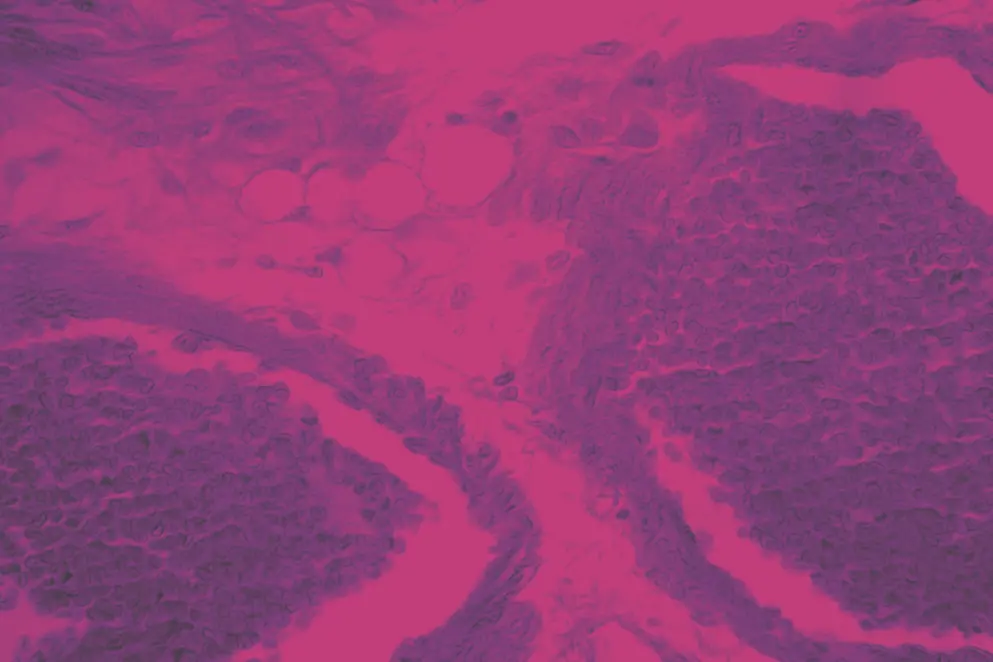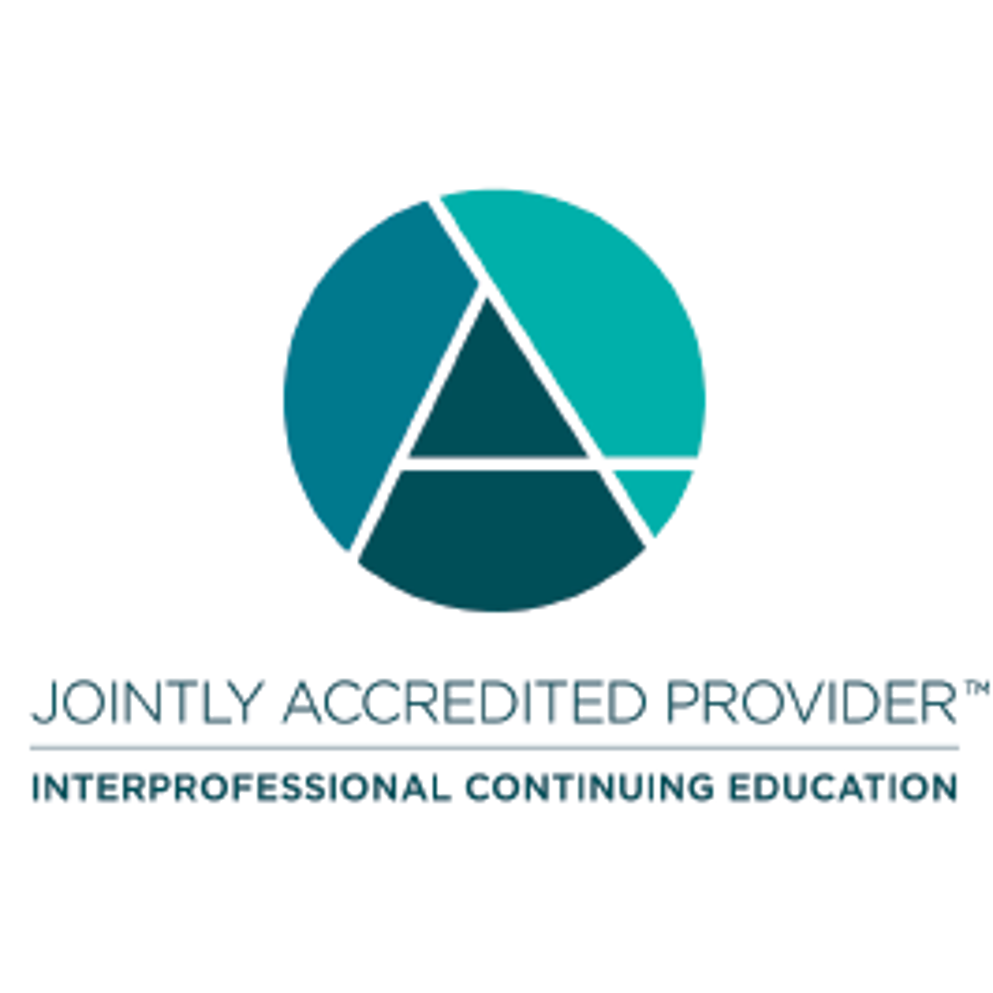
Accredited symposium: Elevating LOPD care
Late-onset Pompe disease: Elevating care through patient insights
Hear new survey data from patients with late-onset Pompe disease (LOPD) on overlooked symptoms and unmet needs in this accredited symposium, held at WORLDSymposium 2025.
Watch Benedikt Schoser, Priya Sunil Kishnani, and Tahseen Mozaffar discuss lessons learned from patients, and how their insights inform optimal disease management strategies, for better outcomes.
How much do you know about overlooked symptoms and unmet needs in LOPD? Take this quick four-question quiz to find out and access the full symposium. We’ll ask you again at the end to see what you recall.
Short on time? Skip the quiz and go straight to the symposium recording. You can still earn 1 CME credit by completing a quiz after.
To earn your CME credit, watch the full, 1-hour session and then complete the short knowledge assessment and evaluation form.
Hear about:
- The large impact of patient insights on clinical practice and contemporary LOPD research
- The significant burden delayed diagnosis confers on people living with LOPD and the role of physicians and medical professionals in mitigating it
- The multisystemic impacts of the condition and how they may be clinically managed through a multidisciplinary approach
- Novel real-world data from a survey of patients with LOPD, revealing their lived experiences with healthcare
Meet the experts
 Professor Benedikt Schoser
Professor Benedikt Schoser
Benedikt Schoser is senior consultant neurologist at the Friedrich-Baur-Institute, Ludwig-Maximilians-Universität (LMU) Munich, Germany. He is a member of the executive board of the World Muscle Society and member of the European Academy of Neurology panel for neuromuscular disorders.
Professor Schoser has a long-standing interest in the pathogenesis and histopathology of muscular dystrophies, myotonic dystrophies, and metabolic myopathies. He has a special interest in translational gene therapy of myotonic dystrophies and glycogen storage disorders.
Disclosures: Amicus Therapeutics, argenx, Astellas Pharma, AVROBIO, Kedrion Biopharma, Maze Therapeutics, PepGen, Sanofi, and Taysha Gene Therapies.
 Dr. Priya Sunil Kishnani
Dr. Priya Sunil Kishnani
Priya Sunil Kishnani is Chief of the Division of Medical Genetics in the Department of Pediatrics, and Professor of Molecular Genetics and Microbiology at Duke University Medical Center, Durham, North Carolina, USA. Her research focuses on long-term complications of Pompe disease, as well as glycogen and lysosomal storage disorders.
Disclosures: Amicus Therapeutics, Asklepios BioPharmaceutical, Inc. (AskBio), Baebies, Bayer, Sanofi–Genzyme, and Maze Therapeutics.
 Dr. Tahseen Mozaffar
Dr. Tahseen Mozaffar
Tahseen Mozaffar is a Professor of Neurology, and Pathology and Laboratory Medicine, and the Director of the Division of Neuromuscular Disorders at University of California, Irvine, USA. He is the Principal Investigator for UCI-NEXT and the Lead Investigator for INSPIRE-IBM. Dr. Mozaffar’s research interests include several neuromuscular disorders: myasthenia gravis, immune myopathies, rare myopathies, and ultra-rare myopathies.
Disclosures: Alexion, Amicus Therapeutics, AnnJi Pharmaceutical, argenx, Arvinas, Asklepios BioPharmaceutical, Inc. (AskBio), Audentes Therapeutics, AVROBIO, Cabaletta Bio, Cartesian Therapeutics, Grifols, Horizon Therapeutics (now Amgen), Immunovant, Maze Therapeutics, ML-Bio, Momenta (now Janssen), Muscular Dystrophy Association, Myositis Association, National Institutes for Health, Ra Pharmaceuticals (now UCB), Sanofi–Genzyme, Shionogi, Spark Therapeutics, UCB, Valerion, and Zogenix (now UCB).
Developed independently by EPG Health, which received educational funding from Amicus Therapeutics, Inc. awarded to EPG Health to help provide its healthcare professional members with access to the highest quality medical and scientific information, education and associated relevant content.
In support of improving patient care, this activity has been planned and implemented by Amedco LLC and MEDTHORITY. Amedco LLC is jointly accredited by the Accreditation Council for Continuing Medical Education (ACCME), the Accreditation Council for Pharmacy Education (ACPE), and the American Nurses Credentialing Center (ANCC), to provide continuing education for the healthcare team.
Amedco Joint Accreditation #4008163.
Professions in scope for this activity are listed below.
Physicians
Amedco LLC designates this enduring material for a maximum of 1.0 AMA PRA Category 1 CreditsTM. Physicians should claim only the credit commensurate with the extent of their participation in the activity.

